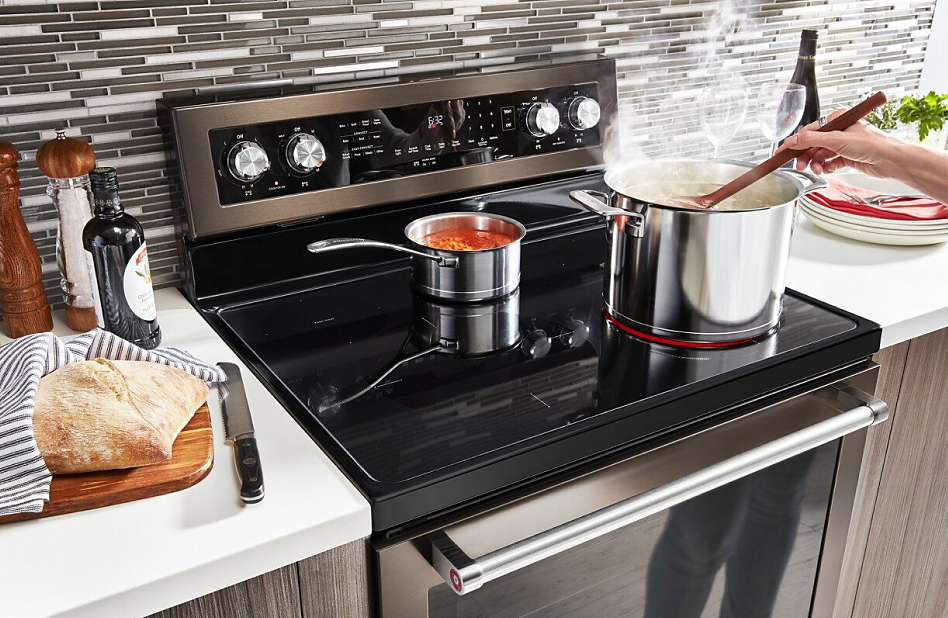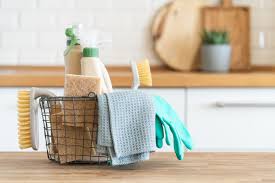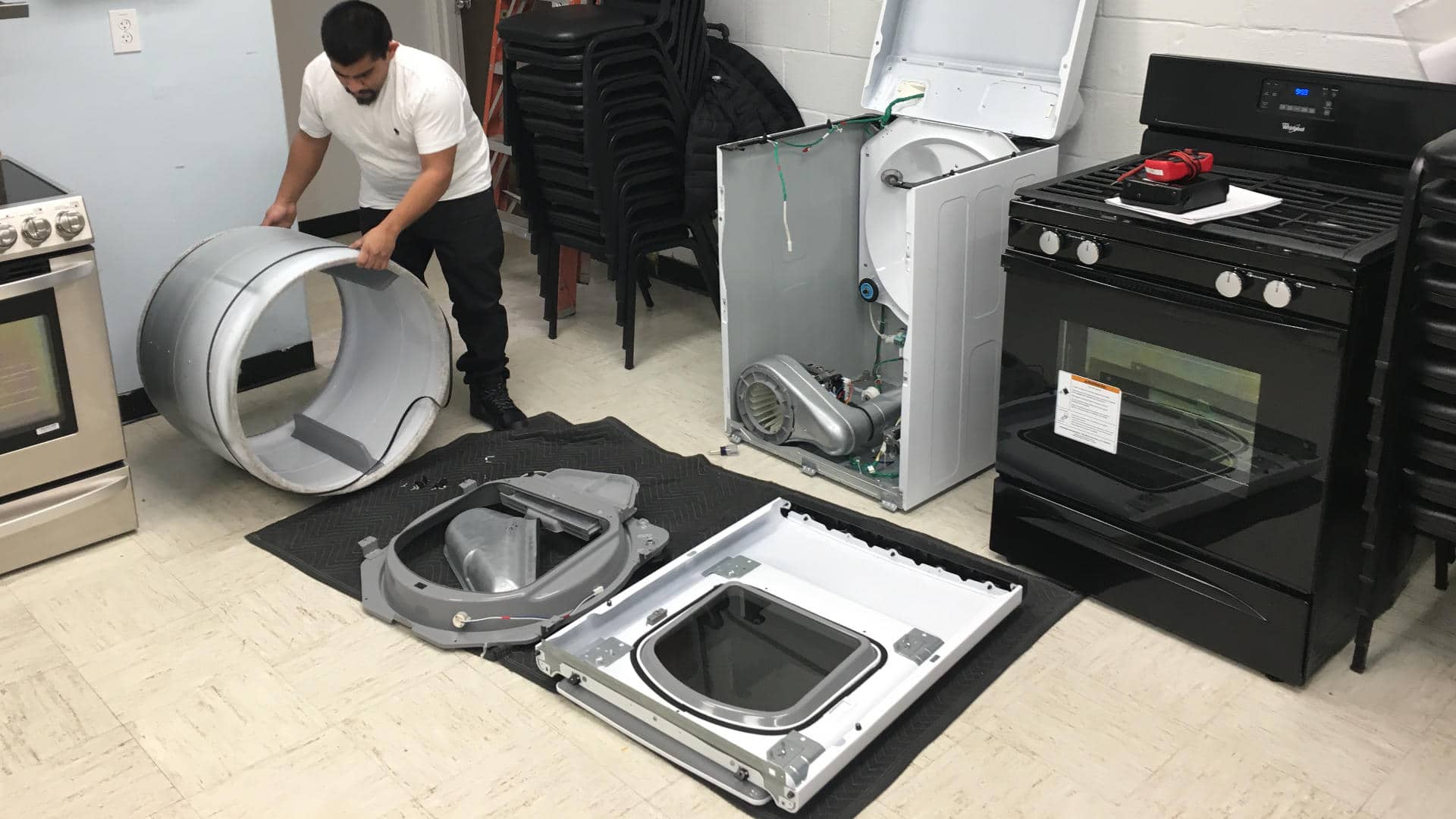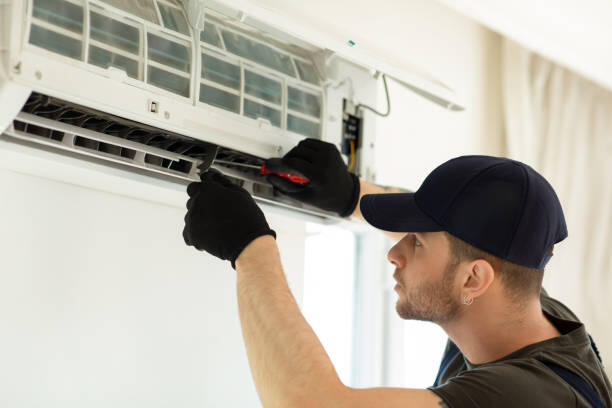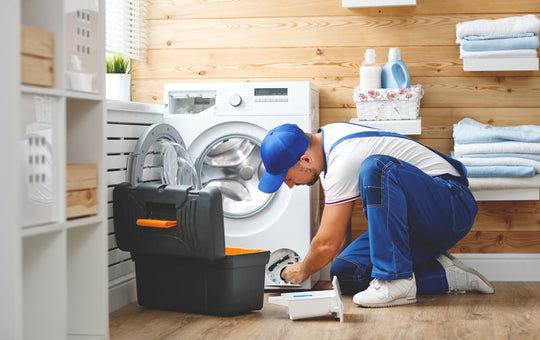Appliance Repair Scams How to Spot and Avoid Them?
In today's fast-paced world, the convenience of modern appliances can suddenly be overshadowed by unexpected breakdowns. This not only disrupts daily life but also leaves homeowners vulnerable to appliance repair scams. Scammers exploit the urgency and necessity of such repairs, often manipulating those who are desperate to get their appliances running again. Recognizing and avoiding these scams is crucial. This blog post aims to empower you with knowledge about common appliance repair scams, how to identify warning signs, verify service legitimacy, understand your consumer rights, and decide when to DIY or call in a professional. Armed with this information, you can protect yourself from becoming a victim of fraud and ensure that your appliances are handled by trustworthy professionals.
Understanding Appliance Repair Scams: What They Are and How They Work
Appliance repair scams target unsuspecting homeowners by exploiting their need for quick and affordable solutions to their malfunctioning appliances. Typically, these scams start with an offer that seems too good to refuse, such as an unusually low service call fee. However, once the scammer arrives, the situation escalates quickly. They may diagnose a non-existent problem or exaggerate a minor issue, warning of dire consequences if the repair isn't done immediately.
The scammers often pressure customers into expensive, unnecessary repairs, sometimes using intimidation tactics or exploiting the customer's lack of technical knowledge. They may also insist on payment upfront or demand cash, leaving little trace for accountability. Another common tactic is the use of counterfeit parts or performing shoddy work that may cause the appliance to fail soon after, forcing the customer to call for service again.
By understanding these tactics, consumers can be better prepared to spot and avoid falling victim to appliance repair scams. It's essential to recognize the signs early and react by seeking second opinions, verifying credentials, and reviewing service agreements carefully before any work begins. These steps can help homeowners protect themselves from fraudulent activities and financial loss.
Red Flags: Spotting Appliance Repair Scams Before You Fall Victim
Identifying the red flags associated with appliance repair scams is crucial for homeowners looking to protect themselves from fraud. One major warning sign is the solicitation of services through unsolicited calls or visits. Scammers often target neighborhoods, offering special deals for immediate repairs. Legitimate businesses typically do not operate this way; they wait for customers to approach them.
Another significant red flag is a demand for full or substantial upfront payment before any work has begun. Most reputable repair services charge a modest diagnostic fee and provide a detailed estimate before requiring payment for the full service. If a technician insists on cash payments only, this should also raise suspicions, as legitimate businesses usually offer multiple payment options and provide proper invoices.
Be wary of technicians who refuse to show identification or provide business credentials when asked. A legitimate service professional will have no issue sharing this information, including license numbers and company details. Additionally, if the repair person uses high-pressure sales tactics, such as claiming that an appliance poses an immediate danger or must be fixed right on the spot without allowing time for second opinions, this is a potential scam indicator.
Homeowners should also be cautious of vague or overly simplistic explanations of problems, especially when accompanied by quick, high-cost solutions. Trustworthy technicians will explain issues clearly and offer evidence or reasons for their recommendations.
Researching Appliance Repair Services: Steps to Ensure Legitimacy
Researching appliance repair services thoroughly is essential to ensure you're dealing with a legitimate and reliable company. Start by seeking referrals from friends, family, or neighbors who have had appliance repairs done recently. Personal recommendations can provide insight into the quality of service and customer satisfaction.
Next, check online reviews and ratings on trusted platforms like Google, Yelp, or Angie’s List. Pay attention not only to the overall score but also to the nature of both positive and negative reviews to gauge consistency and reliability. Look for detailed accounts of customer experiences, which can reveal a lot about a company’s professionalism and honesty.
It's also important to verify the credentials of the appliance repair service. Check if the company is licensed, insured, and bonded. Licensing ensures that the technicians have met certain industry standards of knowledge and competence, while insurance and bonding protect you from potential damages or fraud.
Additionally, contact the company directly and ask specific questions about their experience with your brand and model of appliance. A credible service will be transparent about their expertise and willing to provide references upon request.
Finally, compare estimates from multiple services to ensure you're getting a fair price. Remember, extremely low prices can be a warning sign of substandard work or potential scams.
Consumer Rights and Appliance Repairs: Protecting Yourself Legally
Understanding your consumer rights is crucial when dealing with appliance repairs to ensure you are legally protected against fraud and substandard work. First and foremost, be aware that you have the right to receive a written estimate before any work begins. This estimate should detail the repairs needed and the associated costs. Legally, if the final bill exceeds the estimated amount by a significant margin, you typically must approve the additional expense before the work proceeds.
Furthermore, you should request a detailed invoice upon completion of the work, which includes a breakdown of labor and parts used. This documentation is essential for warranty purposes and in case disputes arise. Also, check the warranty provided by both the appliance manufacturer and the repair service. Some repairs might be covered under your appliance's original warranty, which could save you money.
If you feel that the repair service has been dishonest or has performed substandard work, you have the right to file a complaint. This can be done through local consumer protection agencies, the Better Business Bureau, or even small claims court if the amount in question justifies such an action.
Lastly, remember that you can refuse service if you are uncomfortable with the technician or the terms of repair. Always trust your instincts and seek a second opinion if something doesn't feel right.
Alternatives to Professional Repairs: When to DIY and When to Call a Pro
Deciding between DIY and professional appliance repair depends on several factors including the complexity of the issue, your skill level, and the potential risks involved. For simple problems, such as replacing a worn-out gasket in a refrigerator or unclogging a dishwasher drain, DIY can be a cost-effective and satisfying option. These tasks typically require minimal tools and basic know-how, which can often be supplemented by tutorial videos and manufacturer manuals available online.
However, when appliances exhibit more complex problems, such as electrical issues in a microwave or gas connections in a stove, it's wise to call a professional. These repairs not only require specialized knowledge and tools but also pose significant safety risks if not handled properly. Professionals have the training and experience to diagnose and fix these issues safely and efficiently.
Additionally, consider the warranty terms of your appliance. Attempting DIY repairs on newer appliances can sometimes void warranties. Always check the manufacturer’s guidelines; if the repair is covered or if DIY might affect the warranty status, it's better to opt for professional service.
Overall, assess your ability and the safety implications of the repair. If there’s any doubt, or if the repair involves complex systems, it’s prudent to consult a professional. This ensures the longevity of your appliance and your own safety.

